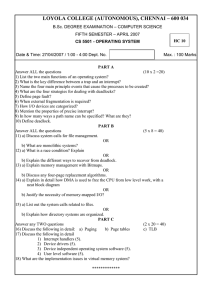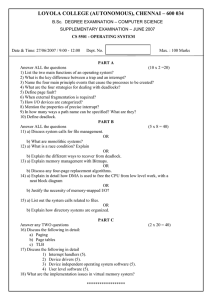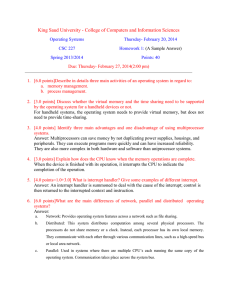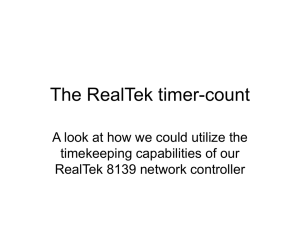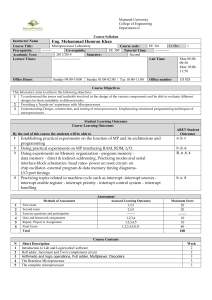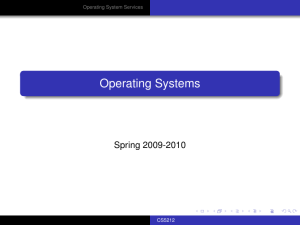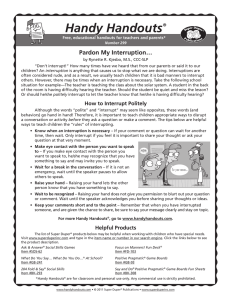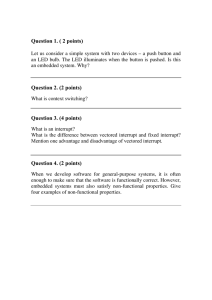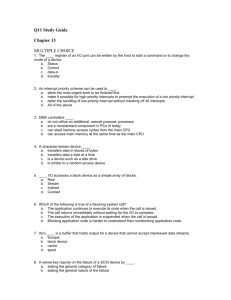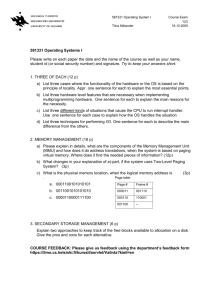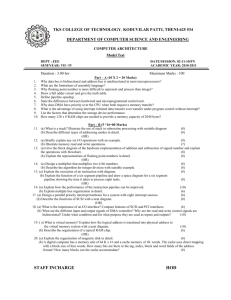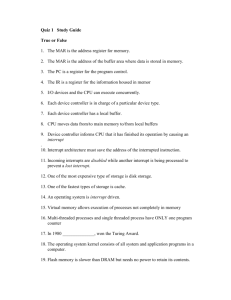Learning to Slow Down and Pay Attention
advertisement
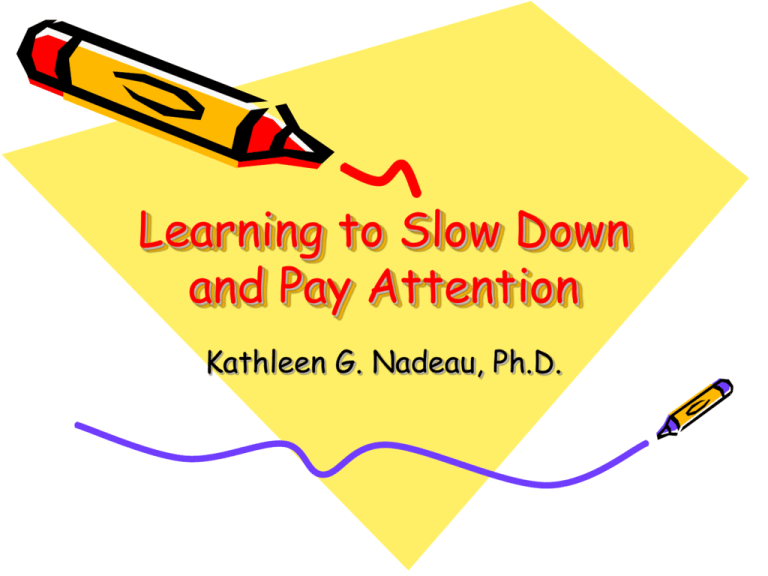
Learning to Slow Down and Pay Attention Kathleen G. Nadeau, Ph.D. Overview • • • • • Getting along with others Feeling good about yourself Learning to understand your brain Setting goals and reaching them! Understanding the plus side of having a “bouncing brain” A child’s view of ADHD from the inside looking out • • • • • I hate to sit still I have to do boring things all day I can’t learn all those math facts It’s hard to listen for so long I try to do what my parents ask me to do, but I forget A thousand negative messages I’m always in trouble for something Sometimes everything seems unfair I can’t finish my school work on time, so the teacher won’t let me go out to play The “I can’t” Kid • I can’t get started • I can’t remember • I can’t get things done • Feels like I can’t get anything right! Creating a Can-do Kid The Rapid Rewards Program Immediate rewards are more effective To get things done, make it fun! Think about what is rewarding for a child. Make learning a rewarding experience Divide and Conquer Break things down into small parts – then reward and praise a child for each success If you want to remember, you need a reminder! • • • • • Notes Kitchen timers Visual reminders Launching pads Daily calendars Get your day off to a good start • Prepare the night before • Get up on time! • Have a regular morning routine • Finish your routine first! • Always eat breakfast! Protein boosts performance Teach kids about “brain fuel” • Protein • Fish oil • B vitamins Morning Exercise One half-hour of aerobic exercise each morning provides “Miracle Gro” for the brain Learning to Pay Attention in Class • • • • Sit up front Get involved Ask questions Find quiet ways to fidget Learning to Remember what you Read • Get rid of distractions • Read out loud • Summarize each paragraph out loud • Tell a parent about what you’ve read Getting Homework Done • Study in short time periods • Take short timed breaks • Stand up or even walk while reading • No TV or internet Getting along with friends • Take turns • Share • Talk, don’t yell when you disagree • Let your friend choose what to do sometimes Learning not to Interrupt • Listen hard • Ask permission if you need to interrupt • Apologize if you interrupt without permission • Wait for your turn Become a good problem-solver • Listen to the other person • Don’t interrupt • Talk – don’t yell or call names • Look for solutions that are fair for everyone Learning to Relax • • • • Do something quiet Take a warm bath Go for a walk Listen to calm music • Curl up with your dog or cat Learning Persistence • Set reasonable goals that aren’t too hard • Keep a chart of your progress • Earn small rewards along the way Learning to feel good about yourself • Look for things you’re good at • Smile – people will smile back • Get the help you need to succeed • Measure small successes every day
